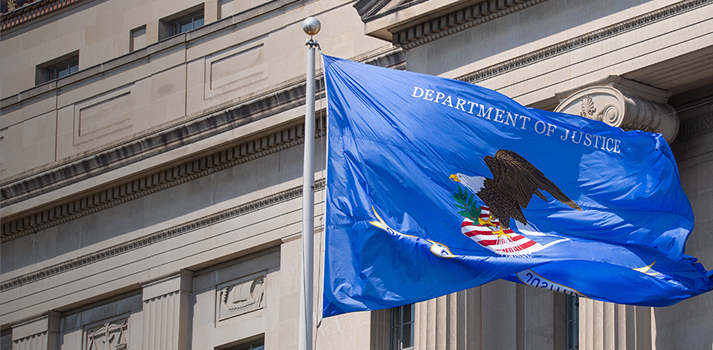Major online platforms risk fines and sanctions if they violate the new European law on digital services that makes companies legally responsible for the content posted on them.
A competent EU source said the Digital Services Act (DSA) started to be implemented at the end of August for the 19 largest online platforms and search engines designated by the European Commission in April.
These 19 platforms range from social media like TikTok, Facebook, and Instagram to online marketplaces like Amazon Marketplace and other platforms like Google Maps and Wikipedia.
The Digital Services Act aims to empower and protect online users, including minors, by requiring designated agencies to assess and mitigate systemic risks regarding illegal content online and provide robust mitigation tools.
The Commission adopted the Digital Services Act in December 2020 along with the Digital Market Act (DMA), forming the two cornerstones of the Commission’s digital legislation.
Brussels believes that while online platforms offer great benefits to users, they are also a source of great risks, as has been demonstrated in the past with platforms hosting illegal content or dangerous products.
It was also argued that online platforms would be subject to democratically validated rules, which would be the same across the European Union.
“There will no longer be different rules depending on the Member State where a consumer lives, and everyone will enjoy the same rights online,” the source said.
As the regulator for these very large online platforms and search engines, the Commission will oversee the systems, tackle illegal content and disinformation, and support users’ rights by protecting them.
The Commission has broad investigative and supervisory powers, including sanctions and fines.
These 19 platforms had other obligations related to their terms of service and protection of minors.
For smaller platforms with less than 45 million users in the European Union, each member state’s national digital service coordinators would be responsible for the supervisory role.
National authorities should appoint digital service coordinators by 17 February 2024, when platforms with fewer than 45 million active users must comply with the Digital Services Act.










